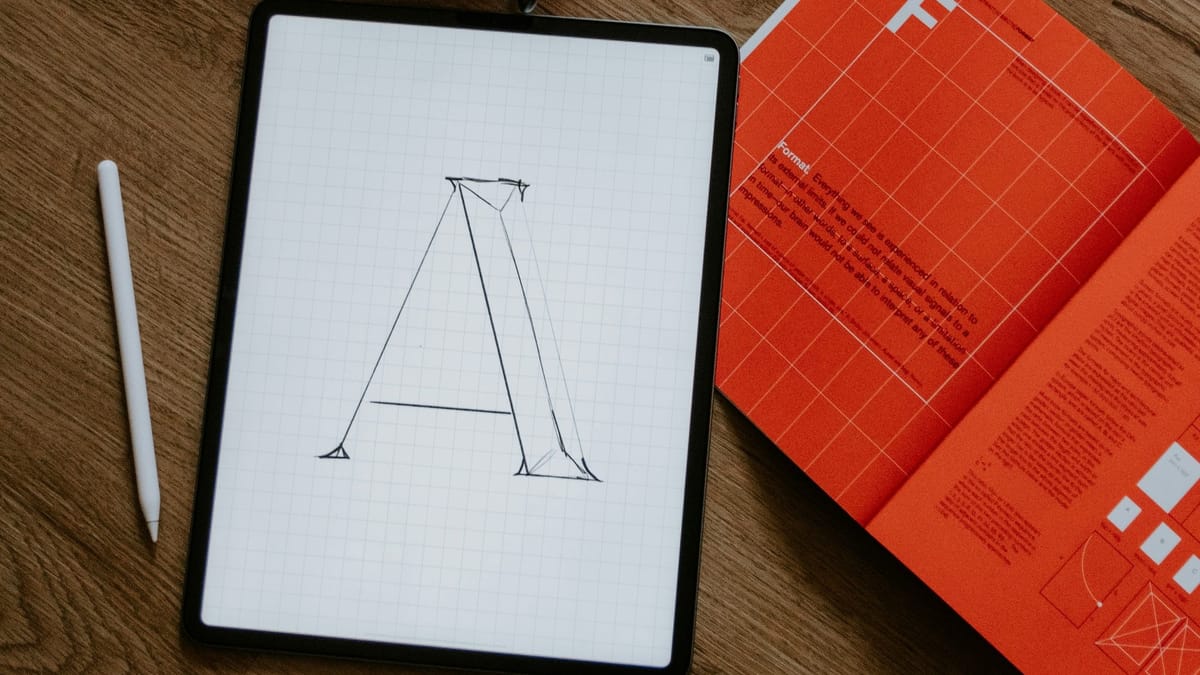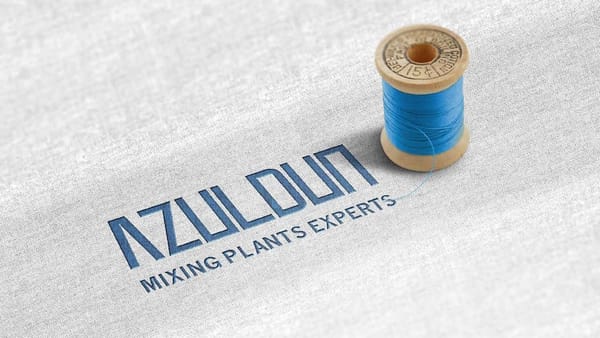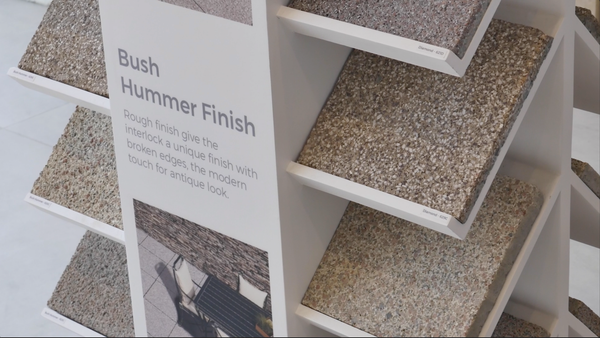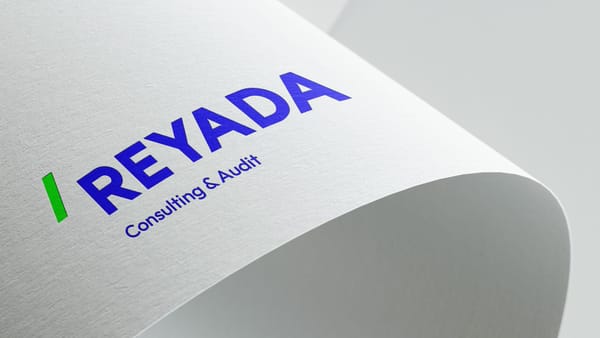Learn How to Learn
True learning begins with a question that irks you and a framework that allows you to pursue it. Build your learning framework — one that turns curiosity into action, and wisdom into impact. Because engineers don't just absorb — they amplify, condense, and give back.

You're a first-year university student — maybe it's engineering, maybe it's not.
You've been handed timetables, syllabi, midterms, and labs. Everybody's telling you what to memorize. Few are asking what you want to know. But learning isn't just soaking it up. It's about putting it out. It's not simply cracking old nuts — it's preparing to crack new ones. And it starts with one truth:
You don't require a classroom. You require a framework and curiosity.
Be Directed — But Curious
Curiosity is not random. It's not watching every "interesting" video or tweet.
It's chasing the question that continues to bug you — and building a system around it. Ask More questions:
- What happens outside of this equation?
- How can I use this in real life, in my neighborhood or country?
- What kind of problems can I ultimately solve with this knowledge?
Learning becomes alive when you wonder how to use it, and not just how to survive it.
Design Curiosity Like an Engineer
You're in engineering — i.e., systems, processes, iterations. Bring that way of thinking to your brain.
Build a Personal Learning System:
- Learn in layers
- First, master the theory.
Then, wonder: What problem does this solve?
Finally, take it out for a spin — code it, model it, or teach someone.
Capture ideas
Use a logbook or your own notebook. Write down sparks, things you noticed, and ideas you saw.
Design reflection time
Each week, ask yourself: What did I learn to implement this week? What did I merely memorize?
Curiosity without structure is noise. Structure without curiosity is dry.
Together, they make momentum
Don't Just Learn — Add.
Your task isn't just to understand what others made — it's to make things better for others. Don't be a consumer of knowledge. Be a betterer. Watch systems — not to admire them, but to improve them. Ask yourself: How can this idea be simplified for other people? How can this notion help someone back home?
This is your worldly side: Learning is not for grades, but for impact. Learning not to show off, but to give back.
Learn to Feel — Not Just Think
Amazing engineers don't make systems. They create solutions that make a difference. Take a walk through your campus. What doesn't function? Ask people around you, not necessarily your department. What do they struggle with Participate in a small team project that fixes something tangible.
Ship, Don't Strain
You don't have to make a world-changing product tomorrow. You need to begin your habit of implementation — doing, not reading. Build a small device that solves a real annoyance. Build a GitHub repository of small class projects. Identify one challenging concept each week in your own words and share it to help others.
Pressure is not the goal. Practice is the goal.
Fix, Don't Avoid
Humans are fixated on this notion: "It already exists, so I have nothing to add." Incorrect. Any systems you inherit can be made better. That's what engineers do. Instead of building from scratch, optimize:
- A busted workflow in your student union
- A wonky website for your local community
- A classroom resource you wish you had
- Develop your strength in optimization.
The best innovation is often iteration
Be the One Who Passes it On
Whatever you learn, don't hoard. You don’t have to teach in a classroom to share knowledge. Mentor a peer. Start a blog, a Notion page, a YouTube channel. Contribute to open-source or student-led initiatives.
Your value increases the moment others benefit from your learning
Learn with Direction
You’re not just here to “get through” school. You’re here to build the mind, habits, and values that will define your work. Curiosity will fuel you. Structure will shape you. Compassion will direct you. Implementation will ground you. Contribution will define you. That's how you learn to learn.
Welcome to Logbook.
This is where real learning is recorded — one insight at a time, one step at a time




